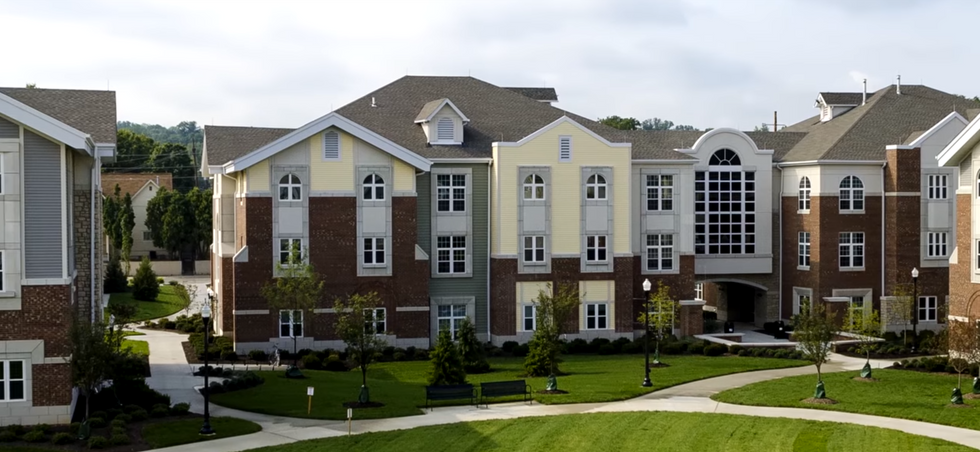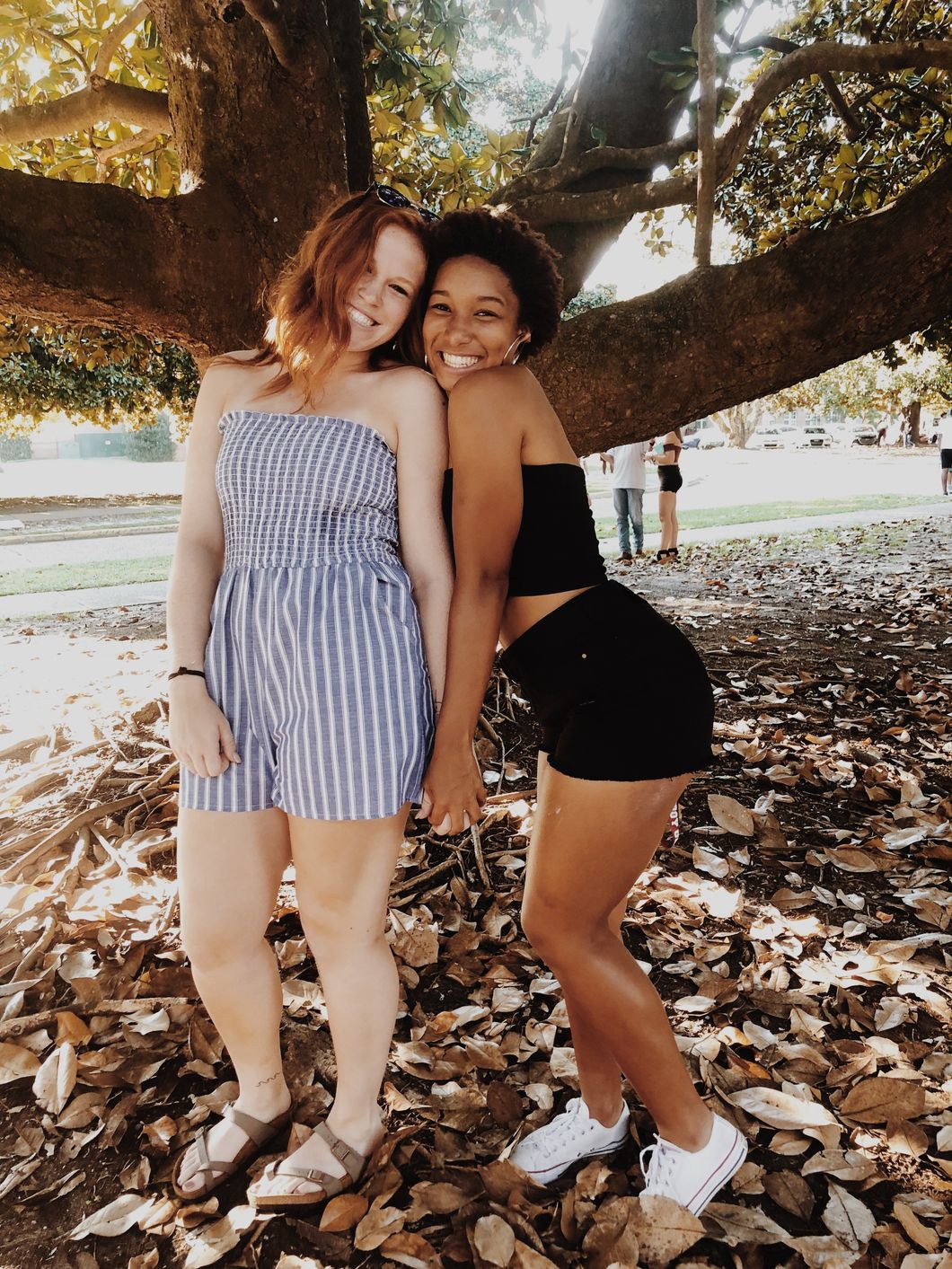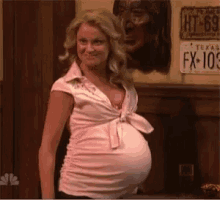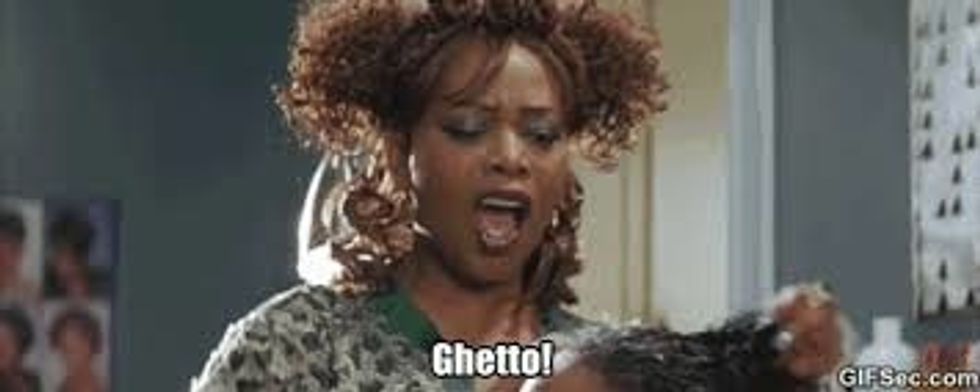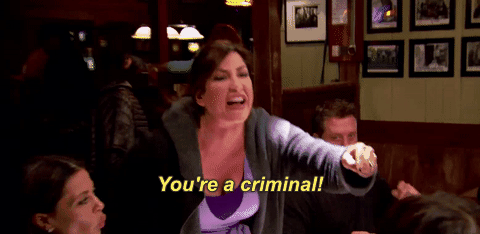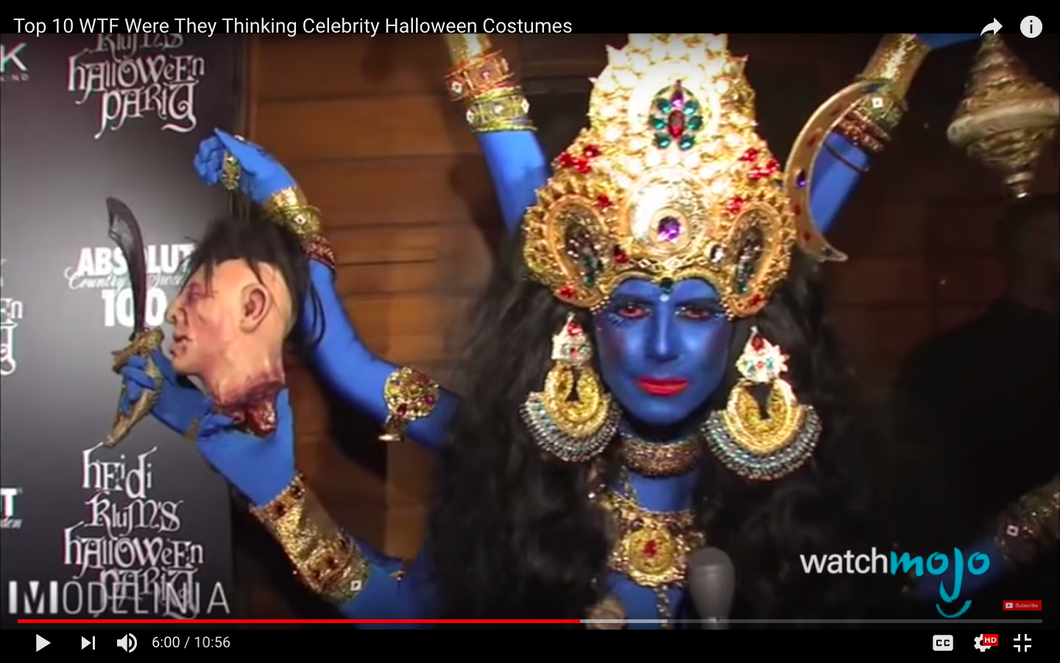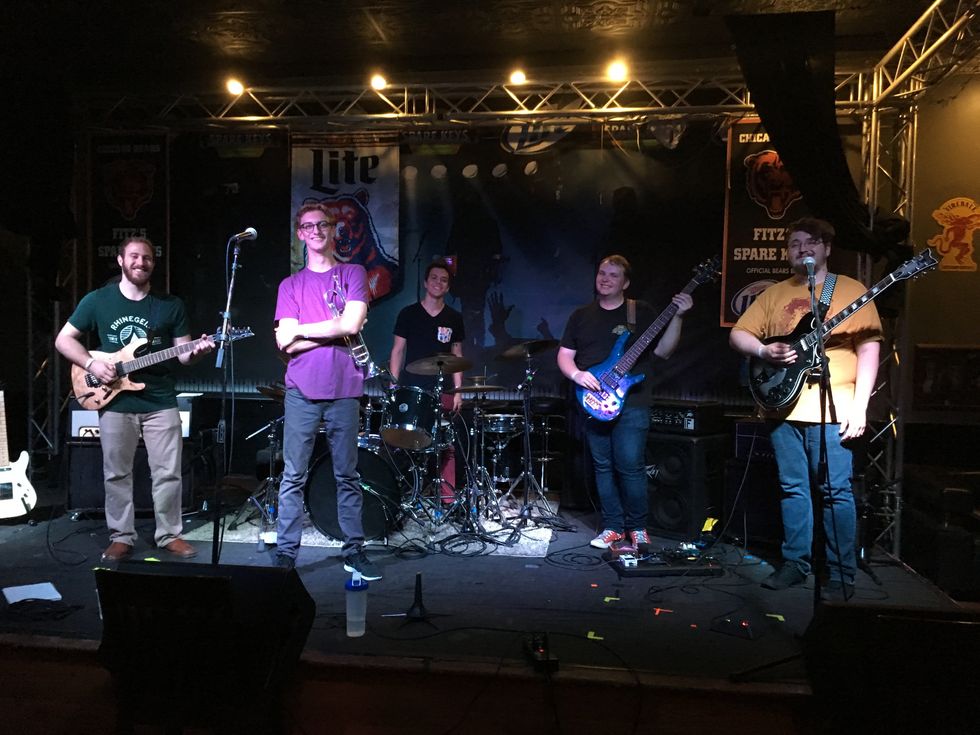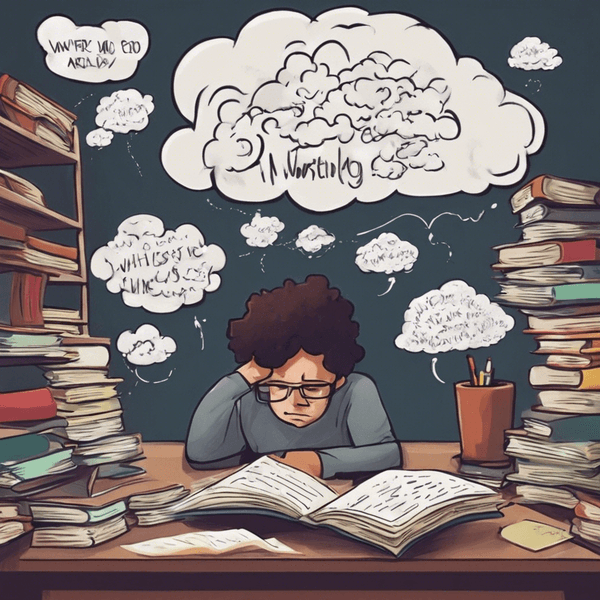Past Legal And Modern Social Apartheid
An opinion piece on past legal Apartheid in South Africa and how it is socially reflected in the United States.
When stepping inside of a solitary cell at Constitutional Hill in Johannesburg, I felt a tightness in my chest and wanted to leave that small space immediately; imagining a Black South African who broke the pass laws during Apartheid being in there is beyond disturbing. Due to laws such as the Native (Urban) Areas Act No 21 of 1923, the Bantu/Native Building Workers Act of 1951, and the Bantu Homelands Citizens Act of 1970, Black South Africans during Apartheid were extremely limited in where they could live, detrimentally affecting their economic and employment opportunities. When touring the former Constitutional Hill prison, the guide told us that, when Black South Africans were caught without passes permitting their stay in Joburg for the day and/or night, they spent 5 days in prison, along with murderers and others who committed serious crimes. If caught multiple times breaking these pass laws, they would spend 5 years in this prison. Most of those who violated these pass laws were unemployed or sought better employment in Joburg; this is understandable, as a person has a better chance of having a job by being there physically. When thinking further about the lack of opportunity they suffered from due to the aforementioned laws creating this effect, this legal repercussion becomes further and further disturbing. Additionally, this also directly led to the creation of "White" and "Black" areas, where Whites lived in areas of better opportunity (ex. cities, suburbia), and Blacks were subjected to living in poverty and townships where there was limited economic and employment opportunities.
This lack of opportunity is echoed in the U.S. when looking at socially designated "White" and "Black" areas. Trayvon Martin was murdered by George Zimmerman essentially because he thought Martin "was not where he belonged", which was in a nice suburban area. As a person of color myself, I have been stared at in museums, followed in stores, and once at 12 years old kicked out of a shop (I did not do anything wrong), because I "stuck out". In this way, society told me (and violently told Martin) that we don't belong in those areas, that we "belong" in ghettos or prison; the racial demographics of populations in U.S. prisons will support me here. Therefore, by society socially designating where people "belong", not only do they bind themselves in their own ignorance, but also prevent people of color from sharing the same access to plentiful life and economic opportunity.
References
Native (Urban) Areas Act No 21 of 1923: Prevented Black South Africans from leaving designated area without a pass. The ruling National Party saw this as keeping Whites "safe" while using Blacks for cheap labor.
Bantu/Native Building Workers Act of 1951: Allowed Black South Africans to enter the building industry as artisans and laborers. Restricted to "Native" areas. Prevented competition between Whites, Coloureds, and Blacks. Could not work outside a designated area unless given special permission.
Bantu Homelands Citizens Act of 1970: All Black South Africans would lose their South African citizenship/nationality over time. Would not be able to work in "South Africa" due to being aliens. Black South Africans would have to work inside their own areas and could only work in urban areas if they had special permission from the Minister.
South African History Online. "Apartheid Legislation 1850s-1970s." South African History Online, South African History Online, 11 Apr. 2016, www.sahistory.org.za/article/apartheid-legislation....



